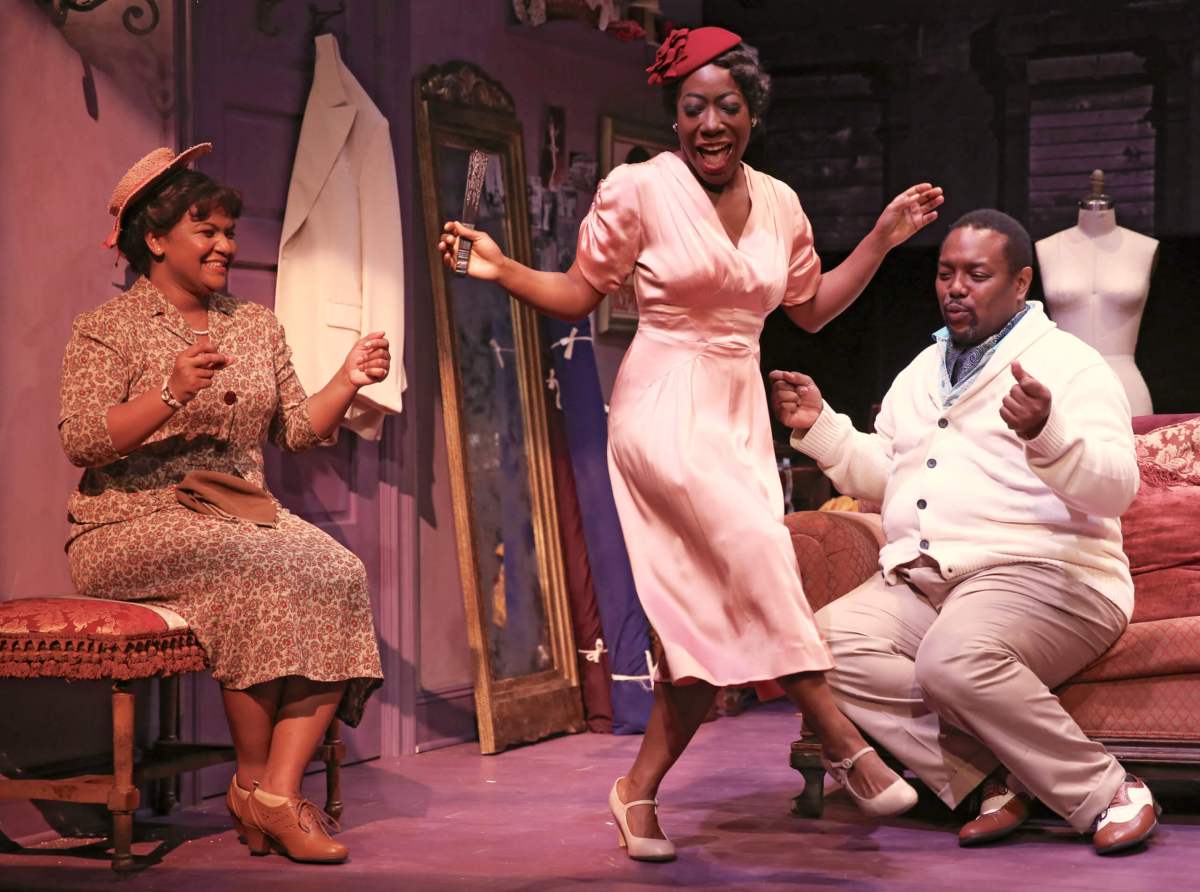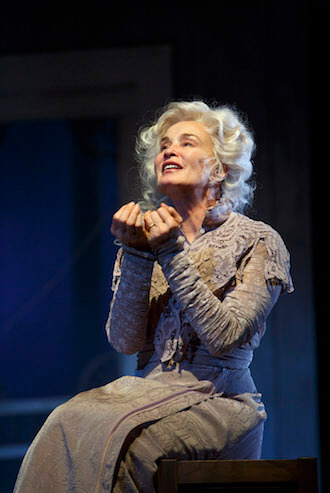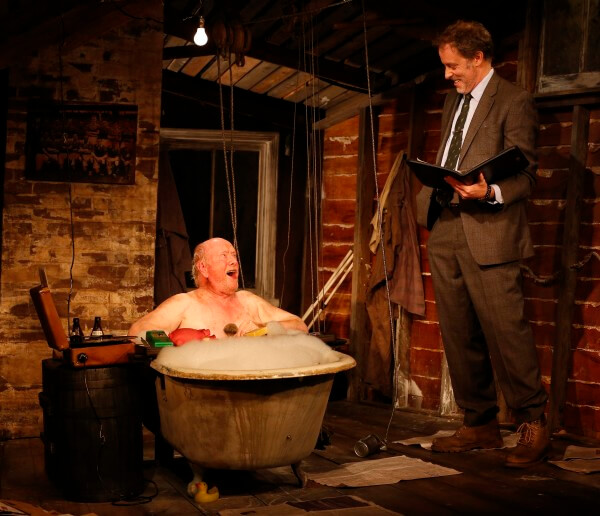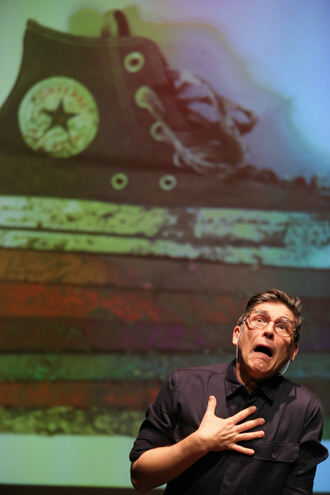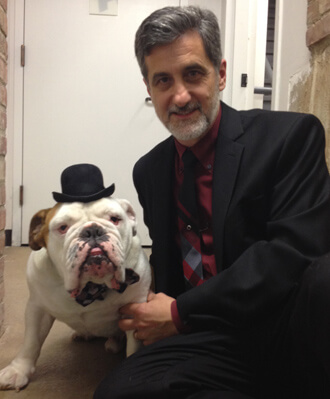After many successful regional productions, Pearl Cleage’s extraordinary play “Blues for an Alabama Sky” has finally come to New York in a wonderful production from Keen Company. Though the play was written in 1995, it is reminiscent of Tennessee Williams or William Inge in its scope, structure, character development, and emotional impact, giving it a classic feel that wonderfully serves the story. Difficult subject matter unfolds slowly as Cleage’s finely drawn characters and fluid exposition draw the audience into the world of the play with elegance and sensitivity.
Set in Harlem in 1930, the story follow the trials and challenges of a set of people at the end of the Harlem Renaissance. The Depression has hit hard in Harlem and day-to-day survival is not assured. People are struggling, yet one is likely to meet Langston Hughes at a party or on the street.
Angel, a nightclub singer with a disastrous relationship history, has been fired from her job for confronting her mobster boyfriend from the stage after he’s dumped her. She lives with Guy, a gay man who dreams of designing costumes for Josephine Baker in Paris. Their neighbor across the hall, Delia, is a churchgoing woman who works with Margaret Sanger in trying to establish a family planning clinic in Harlem. Sam is the doctor who delivers all the local babies and is rumored to help with a different kind of family planning. Leland, an upright and rigidly moralistic man from Alabama, who has lost his wife and son in childbirth, has escaped to New York. He spies Angel leaning out the window on a hot summer night and is smitten. What follows is a courtship, of sorts.
Leland sees his dead wife in Angel, and Angel sees salvation from her hardscrabble existence in Leland. She is angry about her life and tired of Guy’s dreams of designing clothes in Paris, and her fear and frustration lead her to agree to marry Leland, though she doesn’t love him. Across the hall, Delia and Sam fall in love, and it looks like a happy ending may be in the cards. It is not, at least not for all of them, and the tragedies and losses begin to accumulate even as some dreams come true. Cleage weaves these stories together with an ability to create sympathy for even the more troubled characters and an indelible sense of time and place that make this a rich and engrossing tale.
LA Williams directs with an eye for period and a deep understanding of who these people are and what drives them. The result is a clarity of focus that consistently delivers quiet tension and anxiety that reveal how high the stakes are. The cast is a dream. Jasminn Johnson as Delia, Sheldon Woodley as Sam, and Khiry Walker as Leland inhabit their characters fully, making the most of each moment. The production, though, belongs to Alfie Fuller as Angel and John-Andrew Morrison as Guy in the two central roles. Fuller plays Angel with a hard-edged ferocity that almost masks her fragility and fear. Her Angel is the quintessential survivor and her tragedy is that she has lost the capacity for dreams, leaving her trapped in a bleaker life. Morrison plays Guy with a complex internal life. Guy is a proud gay man in a world where it is dangerous to be so. Like Angel, he’s a fighter, and like her he has a dark past, but his eye is always on what’s possible. Morrison is adept with sly quips and commentary. “But I love this hat,” Delia says at one point. “I know,” Guy replies, Morrison brilliantly and subtly conveying what a tragic thing Guy knows that to be. At his core, Guy is man of strength who lives his truth. At one point he says, “If you see me fighting a bear, help the bear.” And we believe him.
Cleage’s vivid characters and unsentimental examination of life’s struggles, particularly those facing African Americans in that era, capture a full range of emotions, reminding us to keep dreaming even when it seems impossible. It’s a reason to go to the theater.
In 1969, Paul Mazursky’s movie “Bob & Carol & Ted & Alice” was intended to satirize free love and judgment-free, it’s-just-physical sex among middle class folks worried the swinging ‘60s were passing them by. Slightly titillating with the suggestion of a frank openness about sex, the film ended instead by reinforcing conventional morality. In the age of Grindr, Scruff, and Tinder, the story becomes a quaint period piece lacking the courage of its convictions, asserting, as Huey Lewis sang, “It’s hip to be square.” Mazursky’s film is remembered today mostly for giving us the Burt Bacharach chestnut “What The World Needs Now.”

Whatever possessed book writer Jonathan Marc Sherman and lyricists Duncan Sheik and Amanda Green — with Sheik writing the tunes — to adapt this movie as a musical, it was not their best idea or their best work, as the current New Group production makes abundantly clear. It’s a crashing bore with a score comprised of pastiche elevator music from the 1970s.
Sherman’s book tracks the movie pretty much scene by scene as the two-dimensional Bob & Carol go from an “eye-opening” encounter group to a new level of honesty about affairs and communication and an attempt to enroll their best friends, the more conservative Ted & Alice, in their newfound “freedom.” When all the blather is done, they find themselves in Las Vegas on the verge of a foursome, but it fizzles out, and unlike the movie where the couples emerge into the daylight as lost and confused as they started but with each other, here the show just ends.
The saving grace of the production is the cast. Joél Pérez as Bob, Jennifer Damiano as Carol, Michael Zegen as Ted, and Ana Nogueira as Alice all have impressive credits and give the piece what life it has. Eighties icon Suzanne Vega leads the band and does a lot of the singing with a lot of easy style, even if the songs themselves are nondescript.
The whole undertaking is bland, the world having moved on long ago from the show’s tired themes and clichéd characters. “Bob & Carol & Ted & Alice” is exactly what the world doesn’t need right now. The theater, either.
BLUES FOR AN ALABAMA SKY | Keen Company at Theatre Row, 410 W. 42nd St. | Through Mar. 14: Tue.-Thu. at 7 p.m.; Fri.-Sat. at 8 p.m.; Sat. at 2 p.m.; Sun. at 3 p.m. | $65, $28 on Tue. at telecharge.com or 212-239-6200 | Two hrs., 30 mins., with intermission
BOB & CAROL & TED & ALICE | The New Group at the Pershing Square Signature Center, 480 W. 42nd St. | Through Mar.22: Tue.-Fri. at 7:30 p.m.; Wed., Sat.-Sun. at 2 p.m. | $28-$133 at thenewgroup.org or 917-935-4242 | One hr., 45 mins., with no intermission

